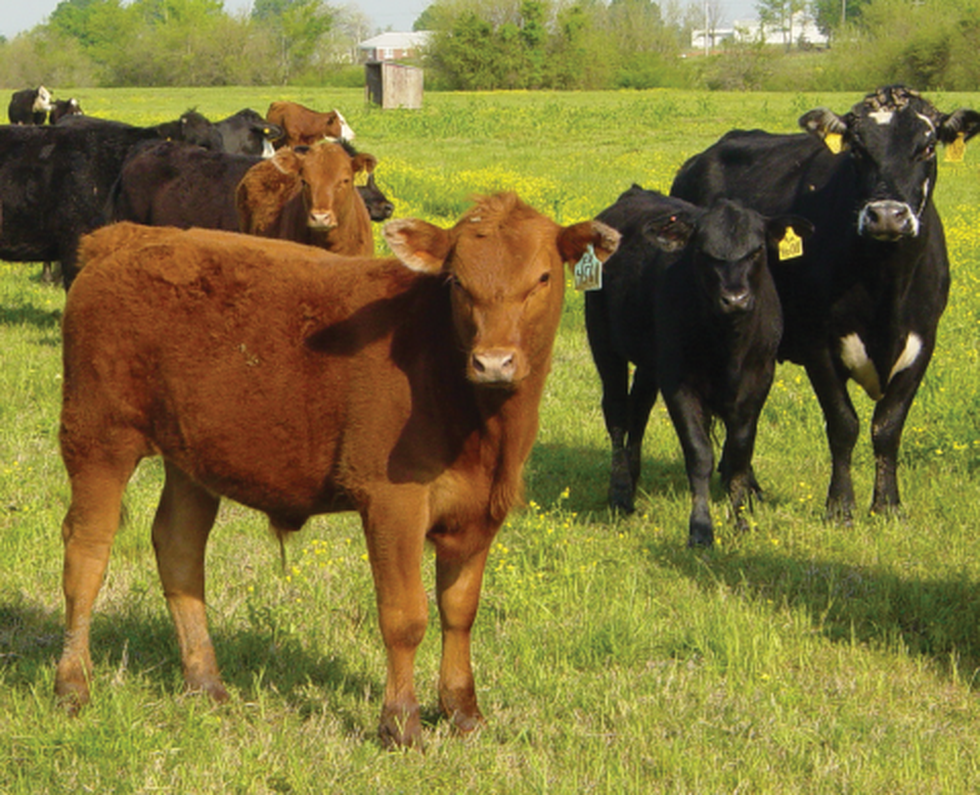About Bovine Viral Diarrhoea (BVD):
- BVD is an infectious disease, globally distributed endemic to cattle and other ruminant populations.
- It is caused by the Bovine Viral Diarrhea Virus (BVDV).
- Effects:
- It can cause of respiratory and reproductive issues in the herd.
- It leads to immunosuppression and can cause signs in multiple body systems in addition to the digestive tract.
- Transmission:
- Most animals become exposed through contact with other recently infected or persistently infected (carrier) animals that are shedding the virus.
- It is also possible for cattle to become infected via contact with contaminated fomites, such as water buckets, calf feeders, feed bunks, IV equipment etc.
- It can be transmitted through a congenital infection of the fetus or after birth. The BVD infection in these calves will persist during the entire life of the calf, and they will shed BVDV continuously in the farm environment.
- Treatment:
- While this virus has no cure, practising supportive therapies will temporarily help to improve the well-being of the cattle.
- Infected calves should be culled to prevent the spread of BVD.
